
Genat, who won Survivor Australia in 2020, brazenly said in a recent interview that Survivor USA is a program for ‘gamebots’ and dorks, stating that Australia’s version is an inherently better game. It’s left many longtime fans all over the world wondering: is he right? In a new era that has seen so many twists on the classic format, has US’ Survivor begun to lag behind its Australian sibling? It’s a complex question that takes an ample amount of research, data, and of course, puzzles to decipher, so let’s get to it and try to determine which actually is better: US or Australian Survivor.
‘Survivor’ Is an International Phenomenon
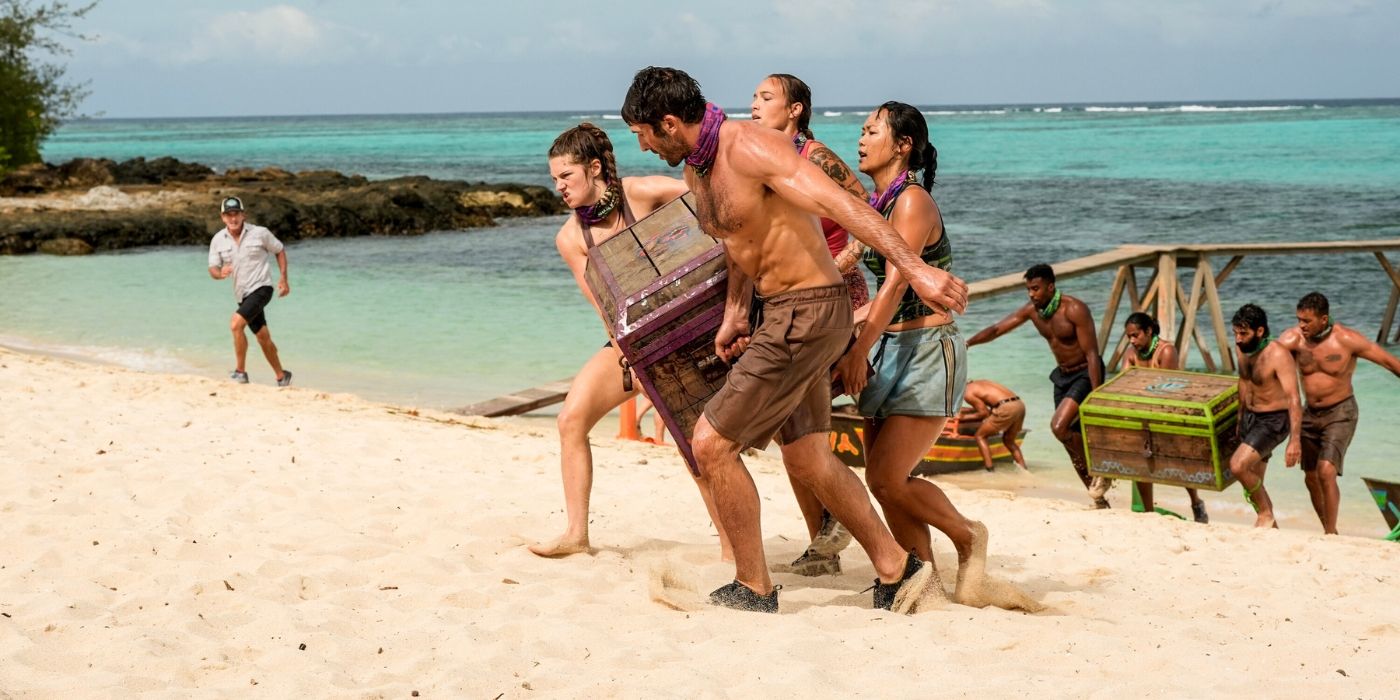
When it comes to logistics, there are three major differences between American and Australian Survivor: days, food, and contestants. For American fans, the number of days that the cast competes is a controversial topic; the series’ ‘New Era’ (seasons 41 onward) has dropped the number from 39 to 26, with many believing that this has made the setup too easy. Fans think that spending more time competing brings out the best in contestants. Imagine when they learn that almost every single season of Survivor Australia lasts for more than 45 days? This length is offset by a critical component, though: food. While US players face constant starvation with the hope of an occasional meal, Australian law makes it, so those players never go more than a few days before being treated to a massive food reward.
It’s Time To Determine Who Wins: Brains or Brawn?

While American Survivor focuses on puzzles and strategy, Australia’s gameplay is one that allows for strategy, but prioritizes strength and actual survival. These different approaches show most of the challenges. While America occasionally has endurance challenges, most immunities consist of a physical obstacle course and a puzzle, with the series trying to create an equal opportunity for its cast to win no matter their physical strength. On the other hand, Survivor Australia — which focuses mainly on recruiting physically fit players — has physical tasks for almost every challenge, consistently featuring things like wrestling or endurance contests to determine who is safe for that episode. It’s a kind of gameplay that Genat mentions he used to enjoy about the USA Survivor, noticing (along with many fans) how these have completely disappeared in recent iterations. The second half of this critique focused on recruitment, namely, how America seems intent on only casting huge fans. Now, each cast has the gist of what they’ll be facing, knowledge that doesn’t erase the excitement but certainly robs American players of the surprise Australians face in every episode.
And the Better Version of ‘Survivor’ Is…
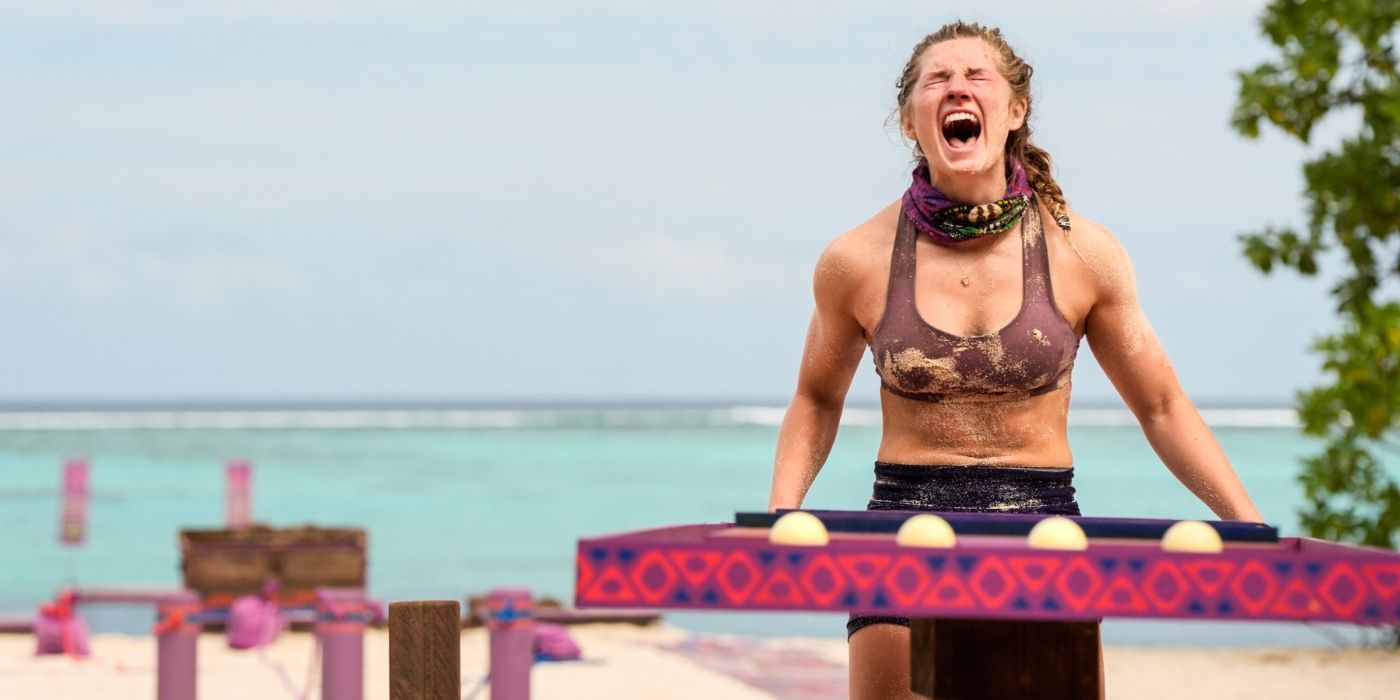
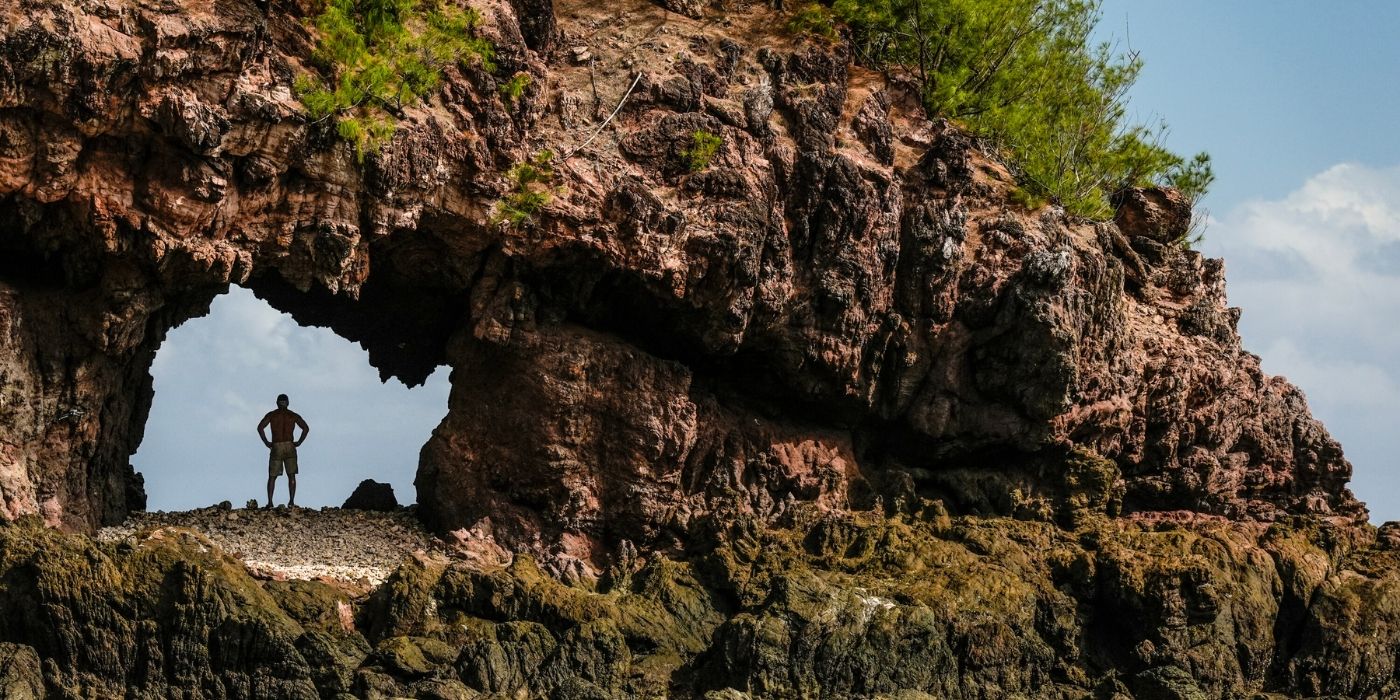
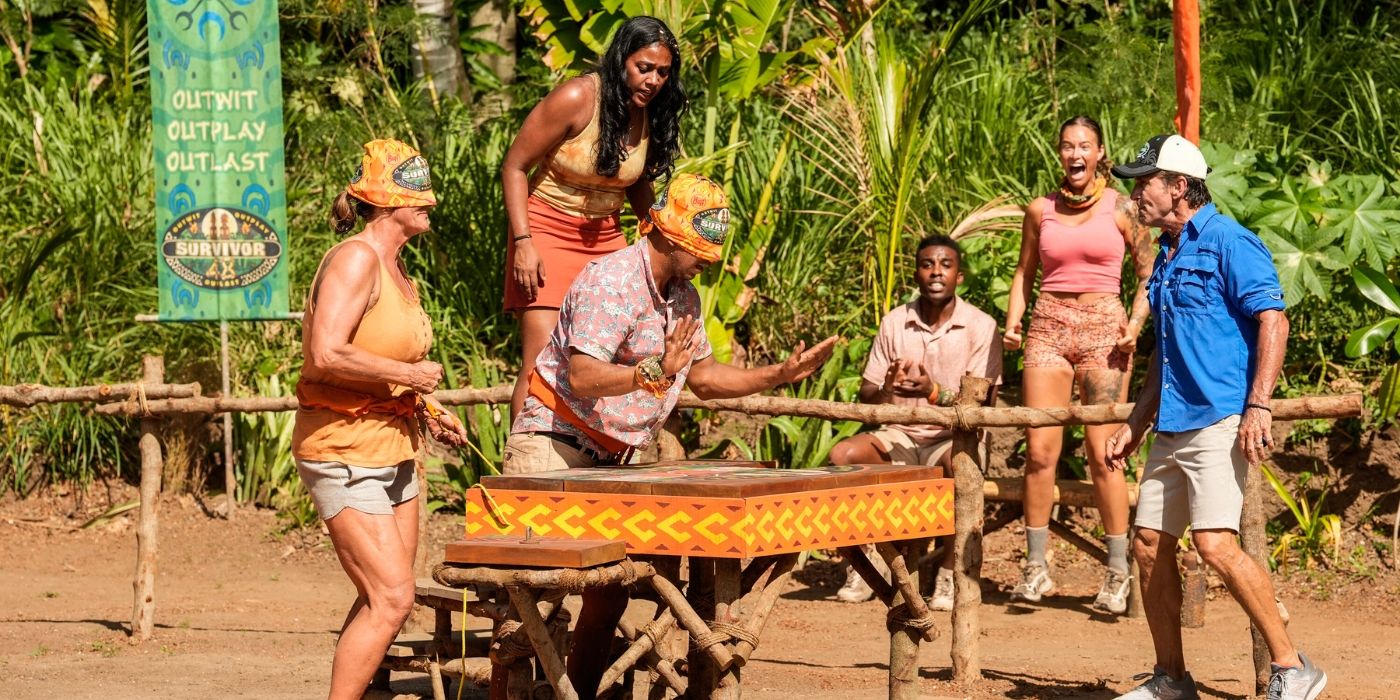
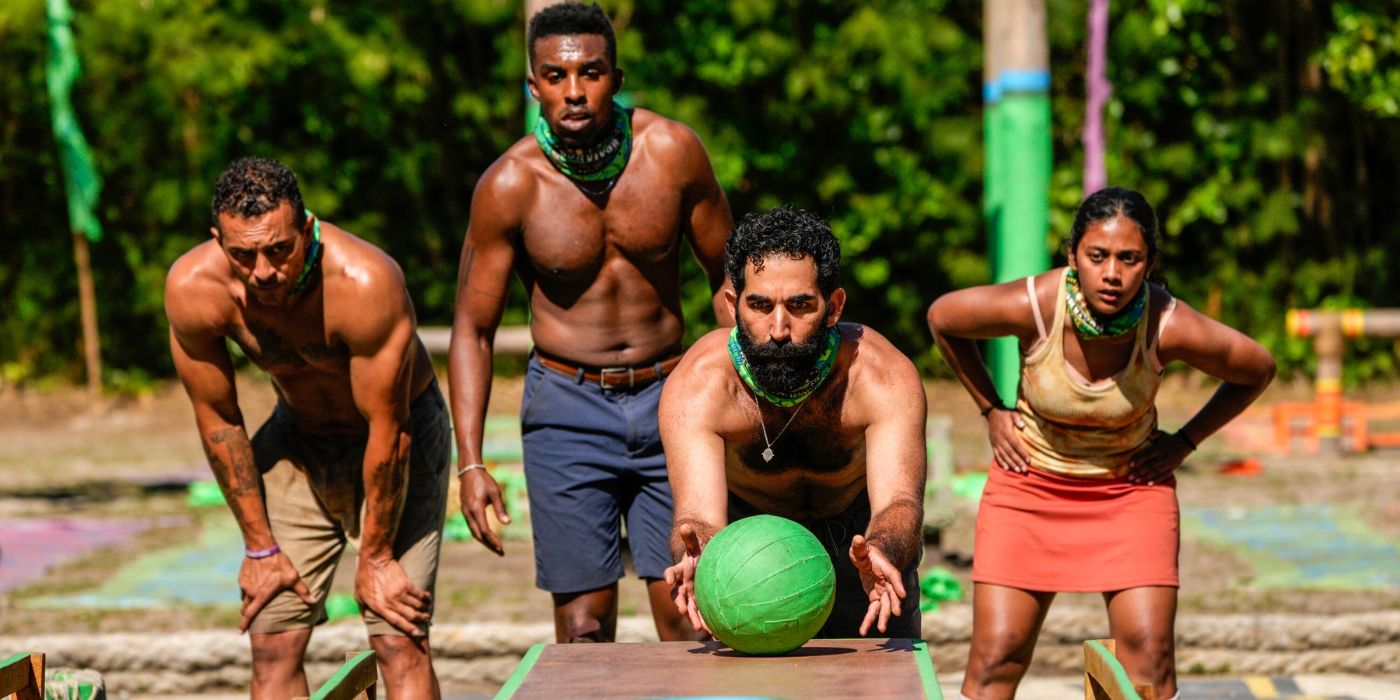
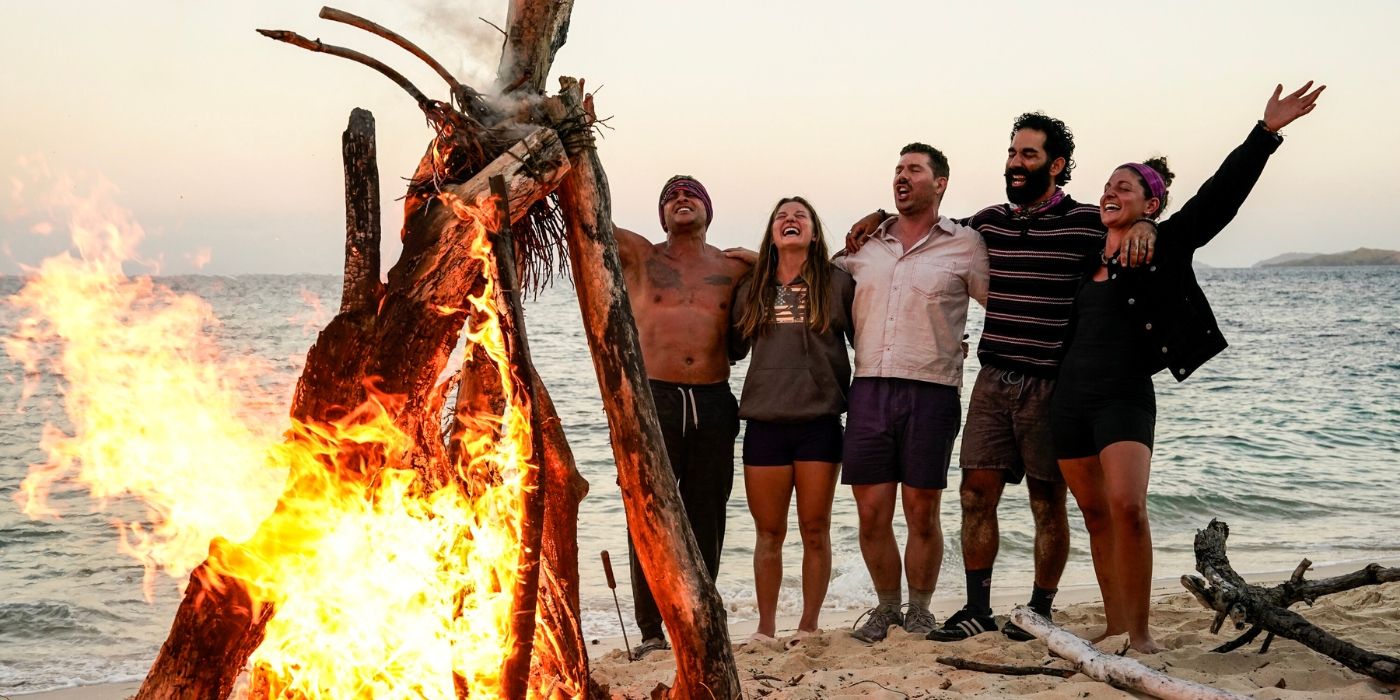
At its core, Survivor is a game centered around players utilizing everything they can to win, going through some of the toughest situations imaginable and bringing out every skill they didn’t know they had in the process. American Survivor not only allows players who aren’t physically strong to thrive, but it puts the emphasis on strategy, touching on the core tenets of this franchise and showing that a mental battle is as invigorating as any physical challenge. This isn’t a black-and-white question and there’s so much more that can be said about each show, but Genat brought it up so it’s our duty to tell him: sorry, ‘Golden God,’ American Survivor is superior to Survivor Australia.
News
Renovations on hold! The Block couple’s secret baby joy goes public in a huge reveal
The Block’s Emma and Ben announced on the show last night that they are expecting a baby. One of the…
My Kitchen Rules explodes back: sugar, spice… and a grenade (or two) in every course
Manu Feildel and Colin Fassnidge are great mates. The two chefs and My Kitchen Rules hosts even refer to themselves as “brothers”….
‘It’s hard,’ Sonny admits through tears — the burden he’s been carrying and how The Block might rewrite his future
The Block‘s Sonny wasn’t expecting to break down after a pre-start meeting Friday morning. Leading the meeting were Daniel Allen and…
“Everyone Was Yelling at Me”: Shelley Craft Halts the Freedom Challenge to Scold a Contestant — and the REAL reason will shock you
You’d never expect The Block’s sweetest host Shelley Craft to scold one of the contestants but she did, just not for the reason you…
HEARTWRENCHING MOMENT: MAFS Star Breaks Down Announcing Pregnancy After TRAGIC Miscarriage – ‘It’s a Mix of Emotions!’
Married At First Sight star Beck Zemek has broken down in tears after revealing she is pregnant with her second child. Beck…
Shocking Fashion Faux Pas! Controversial Influencer Steals the Show with Outrageous Entrance at Australian Fashion Week, Then Stuns in Lilac Gown at Les Misérables Premiere!
Controversial influencer Jamie Azzopardi has once again become the talk of the town. Azzopardi, who is non-binary and uses they/them pronouns,…
End of content
No more pages to load












